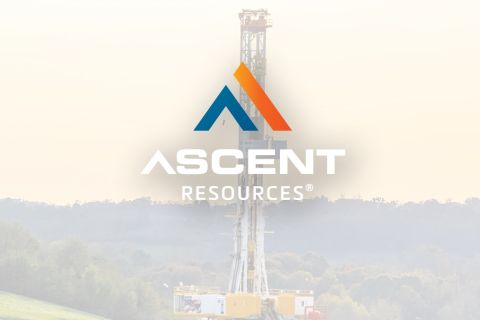In Washington, tax reform is on everyone’s mind, and for good reason. The U.S. has always been a global leader in many areas, yet when it comes to the nation’s tax code, our political leaders are realizing that in many ways, we maintain an antiquated and often burdensome system.
That is why the commitment of the tax-writing committee chairmen—Sen. Max Baucus (D-Montana) and Rep. Dave Camp (R-Michigan)—to overhauling the tax code is so important: There is a key link between sound tax policy and creating a business environment that generates jobs and opportunity in the U.S.
Consequently, it is critical that lawmakers recognize that one of the most important objectives for a pro-jobs, pro-growth tax system is to help fulfill America’s transformational energy future. A cornerstone for such an effort would be the retention of master limited partnerships (MLPs) so that the U.S. can continue to finance important energy-infrastructure projects.
These investments have never been more vital. Recent technological innovations have made it possible for us to unlock vast new supplies of natural gas, allowing the nation to get to the energy it needs today, transforming our energy landscape long into the future. However, without the infrastructure required to connect producers to end-use consumers, the energy renaissance we all hope for will fall short.
MLPs have become an integral way in which our nation’s private sector finances the infrastructure needed to fully utilize domestic energy resources—leading to greater energy independence for the U.S.-–and to ensure that a wide variety of energy products make their way efficiently and safely from the production fields to U.S. homes, businesses and communities.
In the context of tax reform, it is imperative that the Congress (and the Obama Administration) recognize that MLPs have worked as intended for more than 25 years and represent a key success in terms of public policy. Furthermore, MLPs clearly meet each of the qualifying factors that the Senate Finance Committee recently outlined in terms of tax treatments that merit retention:
- Help grow the economy: MLPs contribute significant value to the U.S. economy by investing billions in infrastructure projects, supporting hundreds of thousands of quality jobs and providing a reliable income stream for investors, many of whom are retirees.
- Make the tax code fairer: By creating partnership investments that come in affordable units that are liquid, MLPs allow smaller investors to invest in the development of our energy resources while providing the industry with a valuable source of capital.
- Effectively promote other important policy objectives: MLPs operate in every state, producing, processing, transporting, storing and distributing energy products to meet the country’s growing demands. And to the extent that the vitality of our economy depends on the free flow of energy supplies, MLPs are a catalyst for growth, investment and job creation.
As the current tax-reform debate evolves, it is important to note that Washington has thoroughly examined the issue of MLPs in the past. In 1987, Congress considered whether MLPs should continue to be taxed as partnerships or instead should be required to pay corporate tax. Congress determined that while MLPs were not appropriate for all industries, those in the energy industry should continue to attract capital through the use of MLPs.
And while MLPs are formed for a number of reasons, it is the flow-through tax structure that makes it such an effective vehicle for energy infrastructure investment. Flow-through taxation lowers the cost of capital for a capital-intensive industry.
Since that time in 1987, MLPs have gone to work. Midstream MLPs own and operate about 300,000 miles of pipelines—natural gas, liquefied gas, refined product and crude oil pipelines—and supply the backbone of the country’s domestic energy system. These critical activities also have the added benefit of supporting approximately 323,000 quality U.S. jobs.
Any tax reform effort that would eliminate the flow-through tax treatment of MLPs would significantly and adversely impact future investment in our nation’s energy infrastructure and send a negative ripple effect throughout our economy due to higher energy costs (as well as major job losses).
Mary Lyman is executive director of the National Association of Publicly Traded Partnerships.
Recommended Reading
Chevron’s Tengiz Oil Field Operations Start Up in Kazakhstan
2024-04-25 - The final phase of Chevron’s project will produce about 260,000 bbl/d.
Rhino Taps Halliburton for Namibia Well Work
2024-04-24 - Halliburton’s deepwater integrated multi-well construction contract for a block in the Orange Basin starts later this year.
Halliburton’s Low-key M&A Strategy Remains Unchanged
2024-04-23 - Halliburton CEO Jeff Miller says expected organic growth generates more shareholder value than following consolidation trends, such as chief rival SLB’s plans to buy ChampionX.
Deepwater Roundup 2024: Americas
2024-04-23 - The final part of Hart Energy E&P’s Deepwater Roundup focuses on projects coming online in the Americas from 2023 until the end of the decade.
Ohio Utica’s Ascent Resources Credit Rep Rises on Production, Cash Flow
2024-04-23 - Ascent Resources received a positive outlook from Fitch Ratings as the company has grown into Ohio’s No. 1 gas and No. 2 Utica oil producer, according to state data.





